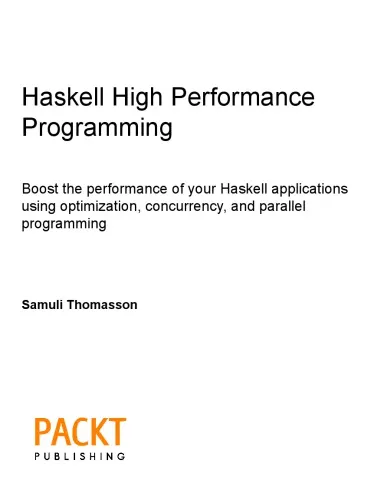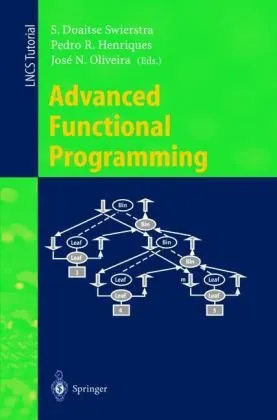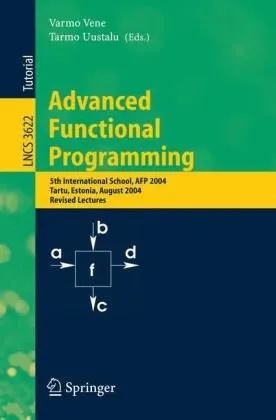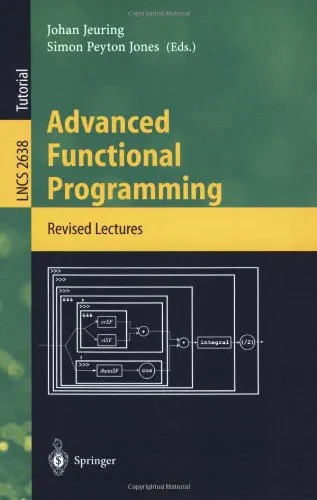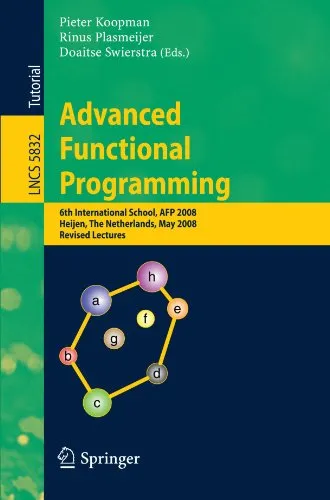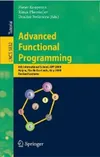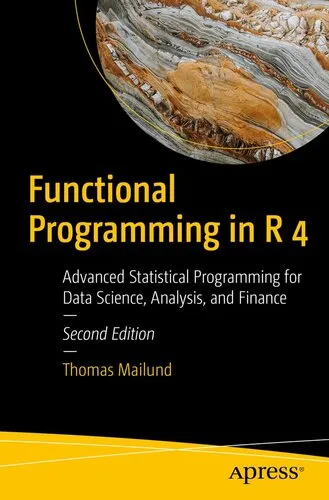Hybrid eager and lazy evaluation for Haskell (Ph D thesis)
4.0
Reviews from our users

You Can Ask your questions from this book's AI after Login
Each download or ask from book AI costs 2 points. To earn more free points, please visit the Points Guide Page and complete some valuable actions.Related Refrences:
Introduction to 'Hybrid Eager and Lazy Evaluation for Haskell (Ph.D. Thesis)'
Welcome to an exploration of evaluation strategies within functional programming, particularly applied to the Haskell programming language. The book 'Hybrid Eager and Lazy Evaluation for Haskell (Ph.D. Thesis)' delves into the nuances and intricacies of combining eager (strict) and lazy (non-strict) evaluation techniques to maximize efficiency and provide a robust framework for Haskell developers. This introduction aims to give you an overview of what to expect from the book, focusing on its thematic essence, pivotal lessons, and significant contributions to the field.
Detailed Summary
Hybrid Eager and Lazy Evaluation for Haskell presents a comprehensive analysis of evaluation strategies that straddle the line between eager and lazy paradigms. The book systematically breaks down the operational semantics and pragmatic implications of applying hybrid evaluation techniques in functional programming, more specifically within Haskell. Given Haskell's strong inclination towards lazy evaluation, the thesis explores scenarios where eager evaluation could complement lazy evaluation for optimized performance without compromising Haskell's declarative nature.
A crucial aspect covered is the language's capability to selectively apply evaluation strategies at a granular level, enabling developers to harness the benefits of both worlds. Through detailed examination and empirical evidence, the book demonstrates how a strategic blend of evaluation approaches can lead to performance gains in various computational contexts. The text is enriched with illustrative examples, comparative analyses, and a solid theoretical foundation that underscores the dual evaluation approach's viability.
Key Takeaways
- Dual-Evaluation Mechanism: Understand the mechanics and benefits of integrating eager and lazy evaluation in Haskell.
- Performance Optimization: Learn how hybrid evaluation can contribute to more efficient resource management and execution times.
- Practical Implementation: Gain insight into implementing these strategies in real-world Haskell applications.
- Advanced Haskell Features: Deepen your knowledge of Haskell's capabilities and extend your functional programming expertise.
Famous Quotes from the Book
"In the delicate dance between laziness and eagerness, finding harmony is the cornerstone of functional programming's evolution."
"Efficiency in computation is not merely a quest for speed but an endeavor for balance and appropriateness in evaluation."
Why This Book Matters
This book is a significant contribution to the landscape of functional programming, particularly for researchers, advanced students, and practitioners of Haskell. It challenges the traditional confines of evaluation strategies and opens new avenues for improving computational efficiency. For those vested in developing high-performance applications, this thesis provides the tools and frameworks necessary for pushing the boundaries of what Haskell can achieve. Furthermore, by adopting a hybrid approach, developers are equipped to make informed decisions, optimizing codebases to suit diverse and complex computational requirements.
As functional programming continues to gain traction in the software development world, understanding evaluation techniques at a granular level becomes indispensable. This thesis not only elevates one's technical know-how but also inspires an appreciation for the subtle yet profound impacts of evaluation strategy choices on software performance and sustainability.
Free Direct Download
You Can Download this book after Login
Accessing books through legal platforms and public libraries not only supports the rights of authors and publishers but also contributes to the sustainability of reading culture. Before downloading, please take a moment to consider these options.
Find this book on other platforms:
WorldCat helps you find books in libraries worldwide.
See ratings, reviews, and discussions on Goodreads.
Find and buy rare or used books on AbeBooks.
1506
بازدید4.0
امتیاز0
نظر98%
رضایتReviews:
4.0
Based on 0 users review
Questions & Answers
Ask questions about this book or help others by answering
No questions yet. Be the first to ask!
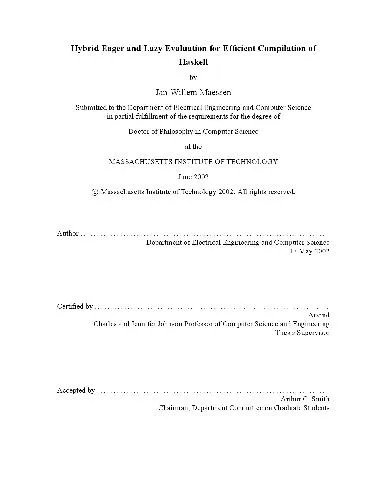
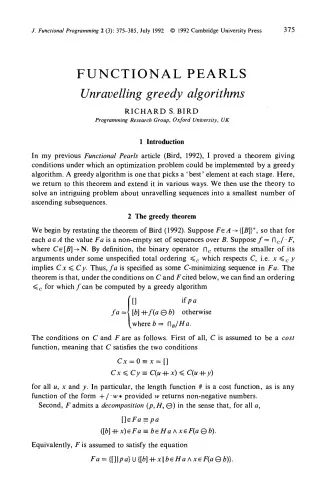
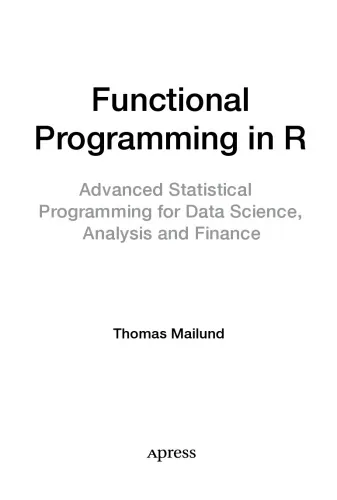
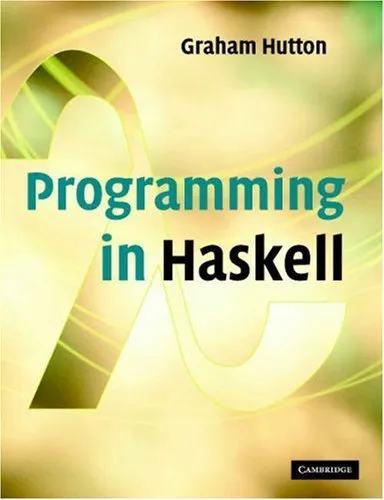
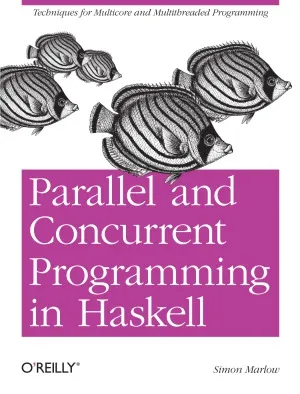
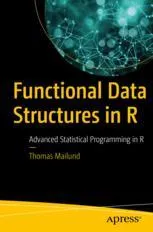
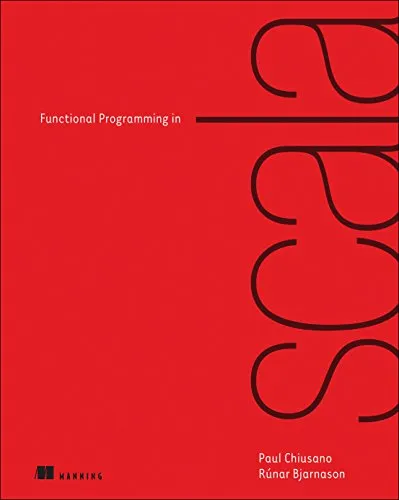
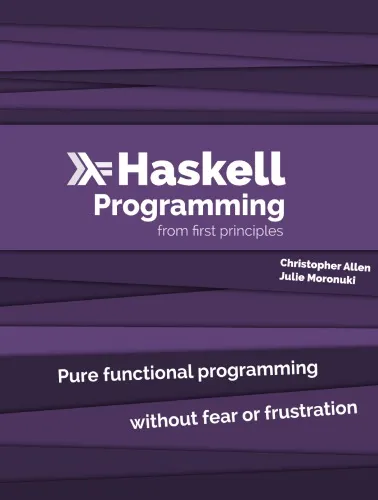
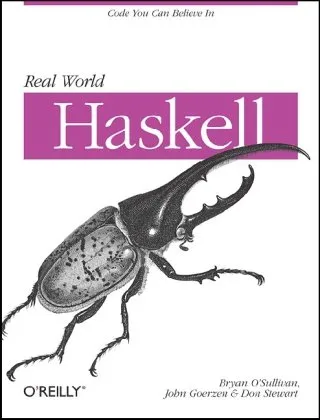
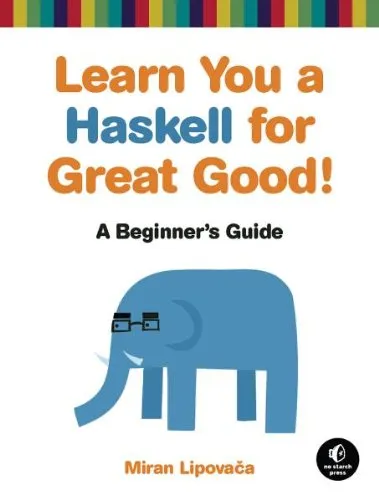
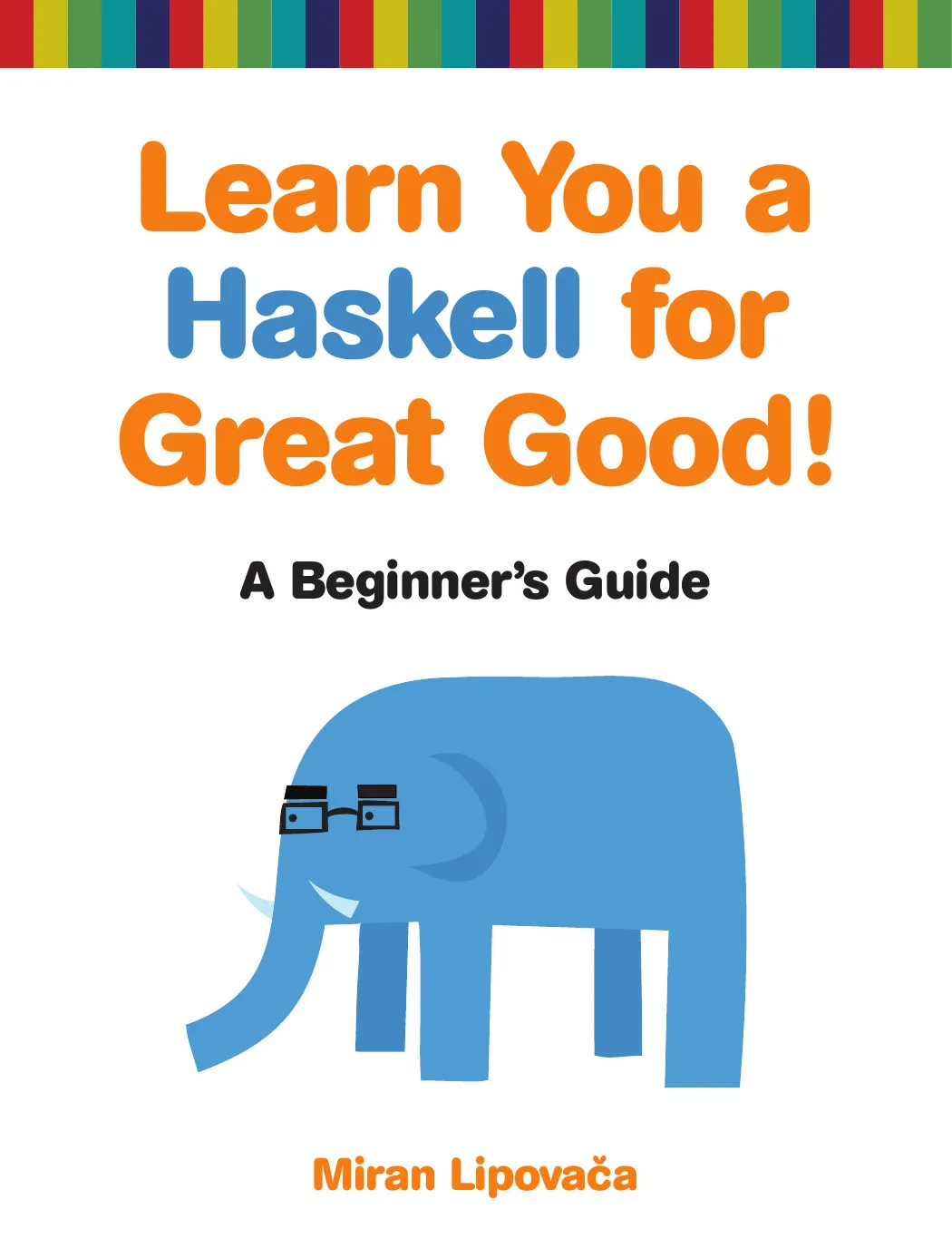
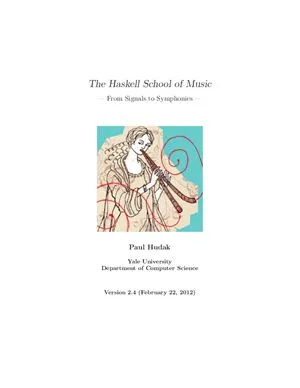
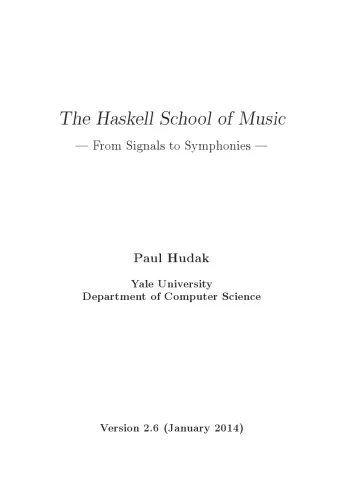
![[ An Introduction to Functional Programming Systems Using Haskell[ AN INTRODUCTION TO FUNCTIONAL PROGRAMMING SYSTEMS USING HASKELL ] By Davie, Antony J. T. ( Author )Jun-18-1992 Paperback](https://s3.refhub.ir/images/thumb/An_Introduction_to_Functional_Programming_Sys_34929.webp)
